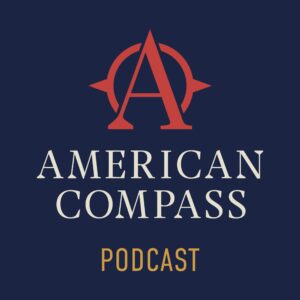
RECOMMENDED READING
Today we are announcing the formation of American Compass, an organization dedicated to helping American conservatism recover from its chronic case of market fundamentalism. In preparation, we have been perusing the mission statements of many of our nation’s think tanks. Nearly every group has one. Oddly, the right-of-center’s preeminent public-policy institutions all have the same one: to advance the principles of “limited government, free enterprise, and individual liberty” or “free markets and limited, effective government” or “free enterprise, limited government, individual freedom” or “individual liberty, limited government, free markets” or “economic choice and individual responsibility” or “individual, economic, and political freedom; private enterprise; and representative government.”
Without question, those principles are vital. But an emphasis so monotonal is neither supportive of effective deliberation nor genuinely conservative. “Why don’t we look at a policy and just ask, does it expand economic freedom?” suggests Heritage Foundation vice president Jack Spencer. Because there is more to life than economic freedom. Also, there is more to economic freedom than economic freedom. A society that attempts to maximize everyone’s freedom at every moment will fail miserably in preserving individual liberty and limiting government over time.
What is missing from our public debates is a distinctively conservative approach to economics.
Recommended Reading
Podcast: The Return of Conservative Economics
American Compass’s Oren Cass and Wells King join the Bill Walton Show to discuss Rebooting the American System.
Power Failure
Oren Cass reviews Sohrab Ahmari’s new book, Tyranny, Inc., in First Things.
The Future of Conservative Economics with Julius Krein, Michael Strain, and Rana Foroohar
How is conservative thinking about economic policy and the role of government changing?











